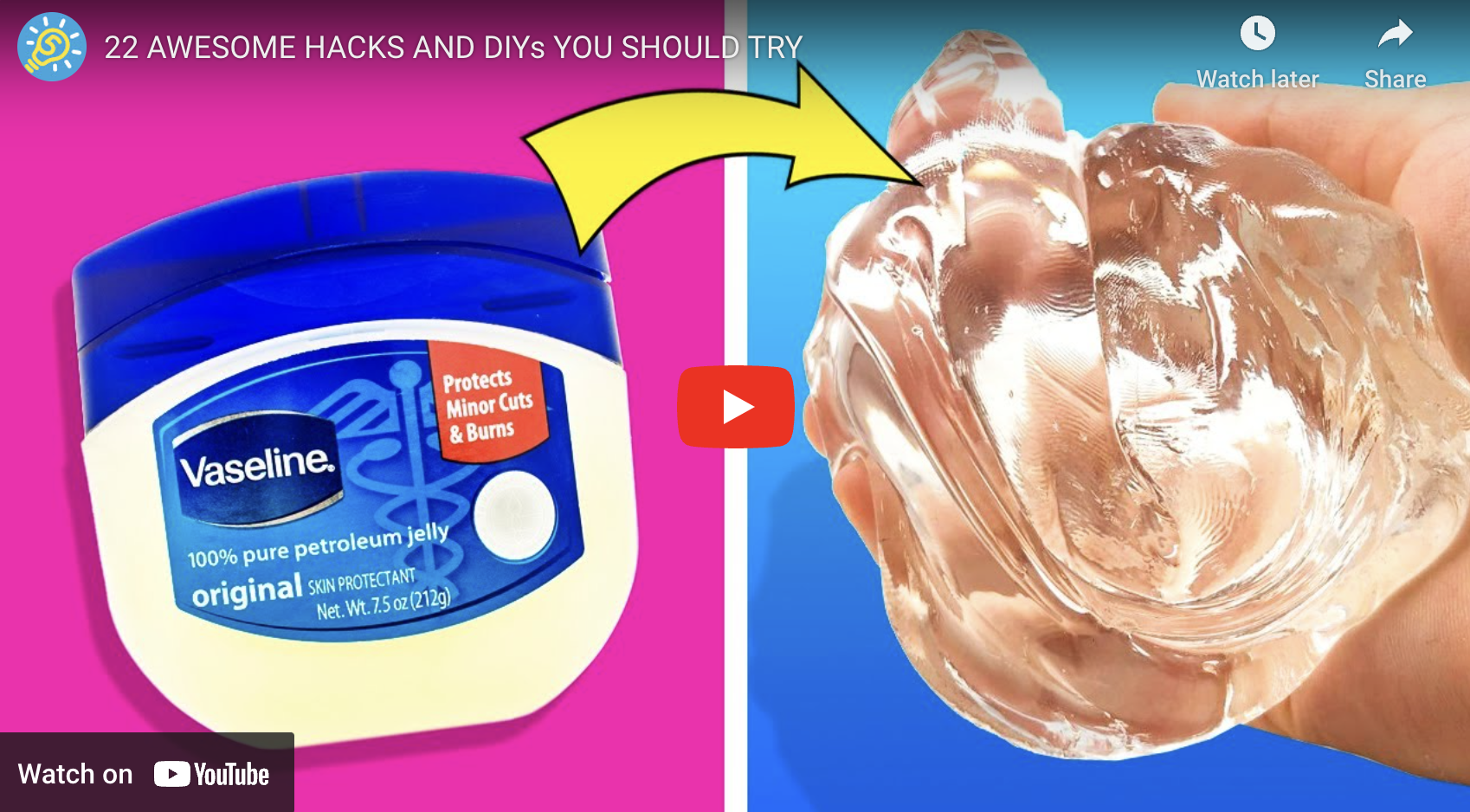Fans are an essential appliance in any home, helping to circulate air and keep us cool during the hot summer months. However, over time, fans can accumulate dust and dirt, which can affect their performance and even pose health risks. While cleaning a fan may seem like a daunting task, it is actually quite simple to do without taking it apart. In this article, we will discuss how to clean your fan without taking it apart, as well as explore some interesting trends related to this topic.
Cleaning your fan without taking it apart is a quick and easy process that can be done in just a few simple steps. Before you begin, make sure to unplug the fan from the power source to prevent any accidents. Here is a step-by-step guide on how to clean your fan without taking it apart:
1. Start by using a vacuum cleaner with a brush attachment to remove any loose dust and dirt from the fan blades. Be sure to vacuum both the front and back of the blades to ensure a thorough clean.
2. Next, use a damp cloth or sponge to wipe down the fan blades and grille. You can use a mixture of water and mild detergent to help remove stubborn dirt and grime.
3. For hard-to-reach areas, such as the motor housing and base of the fan, use a can of compressed air to blow away any trapped dust. This will help to improve the fan’s performance and prevent overheating.
4. Finally, use a dry cloth to wipe down the fan and ensure that it is completely dry before plugging it back in.
By following these simple steps, you can easily clean your fan without taking it apart and keep it running smoothly for years to come.
Now, let’s take a look at some interesting trends related to cleaning fans without taking them apart:
1. Eco-Friendly Cleaning Products: With a growing emphasis on sustainability and eco-friendliness, many people are opting for natural cleaning products, such as vinegar and baking soda, to clean their fans. These products are not only safe for the environment but also effective at removing dirt and grime.
2. Smart Fans: As technology continues to advance, smart fans are becoming increasingly popular. These fans can be controlled remotely via a smartphone app, making it easier to schedule cleanings and monitor the fan’s performance.
3. DIY Cleaning Solutions: Many DIY enthusiasts are turning to homemade cleaning solutions, such as lemon juice and essential oils, to clean their fans without using harsh chemicals. These natural solutions are not only cost-effective but also safe for use around pets and children.
4. Minimalist Design: Fans with a minimalist design are on the rise, featuring sleek lines and neutral colors that blend seamlessly with any decor. These fans are easy to clean and maintain, making them a popular choice for busy homeowners.
5. HEPA Filters: Fans with HEPA filters are becoming increasingly popular, as they help to remove allergens and pollutants from the air. These filters can be easily cleaned with a vacuum or replaced when necessary.
6. Bladeless Fans: Bladeless fans are a modern and stylish alternative to traditional fans, featuring a sleek design that is easy to clean. These fans are also safer for use around children and pets, as there are no exposed blades.
7. Energy-Efficient Fans: Energy-efficient fans are in high demand, as they help to reduce electricity consumption and lower utility bills. These fans are easy to clean and maintain, making them a smart choice for eco-conscious consumers.
Now, let’s hear from some professionals in the field on their thoughts about cleaning fans without taking them apart:
1. “Cleaning your fan regularly is important to ensure optimal performance and air quality. By using natural cleaning products, such as vinegar and baking soda, you can easily remove dirt and grime without harming the environment.” – HVAC Technician
2. “Smart fans are revolutionizing the way we clean and maintain our appliances. With remote control capabilities, you can easily schedule cleanings and monitor the fan’s performance from anywhere in the world.” – Home Automation Specialist
3. “DIY cleaning solutions are a cost-effective and eco-friendly way to keep your fan running smoothly. By using natural ingredients, such as lemon juice and essential oils, you can clean your fan without exposing your family to harmful chemicals.” – Green Cleaning Expert
4. “Bladeless fans are a stylish and modern alternative to traditional fans, featuring a sleek design that is easy to clean. These fans are also safer for use around children and pets, as there are no exposed blades to worry about.” – Interior Designer
Now, let’s address some common concerns and provide answers related to cleaning fans without taking them apart:
1. Will cleaning my fan without taking it apart void the warranty?
No, cleaning your fan without taking it apart should not void the warranty. However, it is always best to check the manufacturer’s guidelines before attempting to clean your fan.
2. How often should I clean my fan?
It is recommended to clean your fan at least once every few months to prevent dust and dirt buildup. However, if you notice that your fan is not performing as well as it should, it may be time for a thorough cleaning.
3. Can I use water to clean my fan?
Yes, you can use water to clean your fan, but be sure to avoid getting the motor wet. Use a damp cloth or sponge to wipe down the fan blades and grille, and be sure to dry the fan completely before plugging it back in.
4. What is the best way to remove stubborn dirt and grime from my fan?
For stubborn dirt and grime, you can use a mixture of water and mild detergent to help break down the buildup. Alternatively, you can use a can of compressed air to blow away trapped dust in hard-to-reach areas.
5. Can I use a vacuum cleaner to clean my fan?
Yes, a vacuum cleaner with a brush attachment is an effective tool for removing loose dust and dirt from your fan blades. Be sure to vacuum both the front and back of the blades for a thorough clean.
6. Are there any safety precautions I should take when cleaning my fan?
Always remember to unplug the fan from the power source before cleaning to prevent any accidents. Additionally, be sure to avoid getting the motor wet and ensure that the fan is completely dry before plugging it back in.
7. How can I improve the air quality in my home with a clean fan?
By regularly cleaning your fan, you can help to improve the air quality in your home by removing dust, allergens, and pollutants from the air. This can help to reduce allergies and respiratory issues for you and your family.
8. Can I use cleaning chemicals on my fan?
It is best to avoid using harsh cleaning chemicals on your fan, as they can damage the appliance and pose health risks. Instead, opt for natural cleaning products, such as vinegar and baking soda, to safely and effectively clean your fan.
9. How can I prevent dust buildup on my fan in the future?
To prevent dust buildup on your fan, you can place a dryer sheet on the back of the fan grille to help trap dust and prevent it from accumulating on the blades. Additionally, regular cleanings can help to keep your fan running smoothly.
10. Can I take apart my fan to clean it more thoroughly?
While it is possible to take apart some fans for a more thorough cleaning, it is not recommended unless you are familiar with the appliance’s inner workings. Taking apart a fan can void the warranty and potentially damage the appliance if not done correctly.
11. What should I do if my fan is making unusual noises after cleaning?
If your fan is making unusual noises after cleaning, it may be a sign that something is loose or out of place. In this case, it is best to consult a professional to diagnose and fix the issue before using the fan again.
12. Are there any maintenance tips for keeping my fan running smoothly?
In addition to regular cleanings, you can keep your fan running smoothly by checking the power cord for any damage, ensuring that the fan is on a stable surface, and avoiding overexerting the motor by running the fan at high speeds for extended periods.
13. Can I use a fan in a humid environment?
It is not recommended to use a fan in a humid environment, as the moisture can cause damage to the appliance and pose safety risks. If you need to circulate air in a humid area, consider using a dehumidifier or air conditioner instead.
14. What are the benefits of a clean fan?
A clean fan not only helps to improve air quality in your home but also ensures optimal performance and energy efficiency. By regularly cleaning your fan, you can prolong its lifespan and enjoy a cooler and more comfortable living space.
In summary, cleaning your fan without taking it apart is a simple and effective way to keep your appliance running smoothly and maintain good air quality in your home. By following the steps outlined in this article and incorporating some of the interesting trends and tips mentioned, you can easily clean your fan and enjoy its benefits for years to come. Remember to stay safe, use natural cleaning products, and consult a professional if you encounter any issues with your fan. Happy cleaning!
![[Mom Prepared]](https://momwithaprep.com/wp-content/uploads/2024/12/cropped-momlogo-244x56.png)

